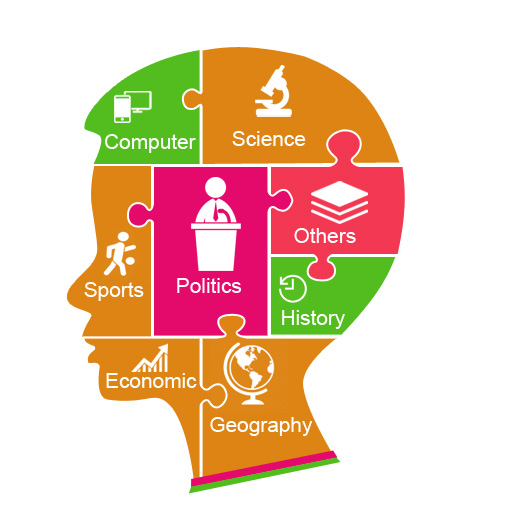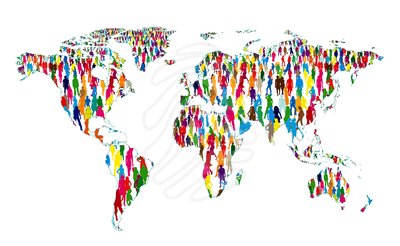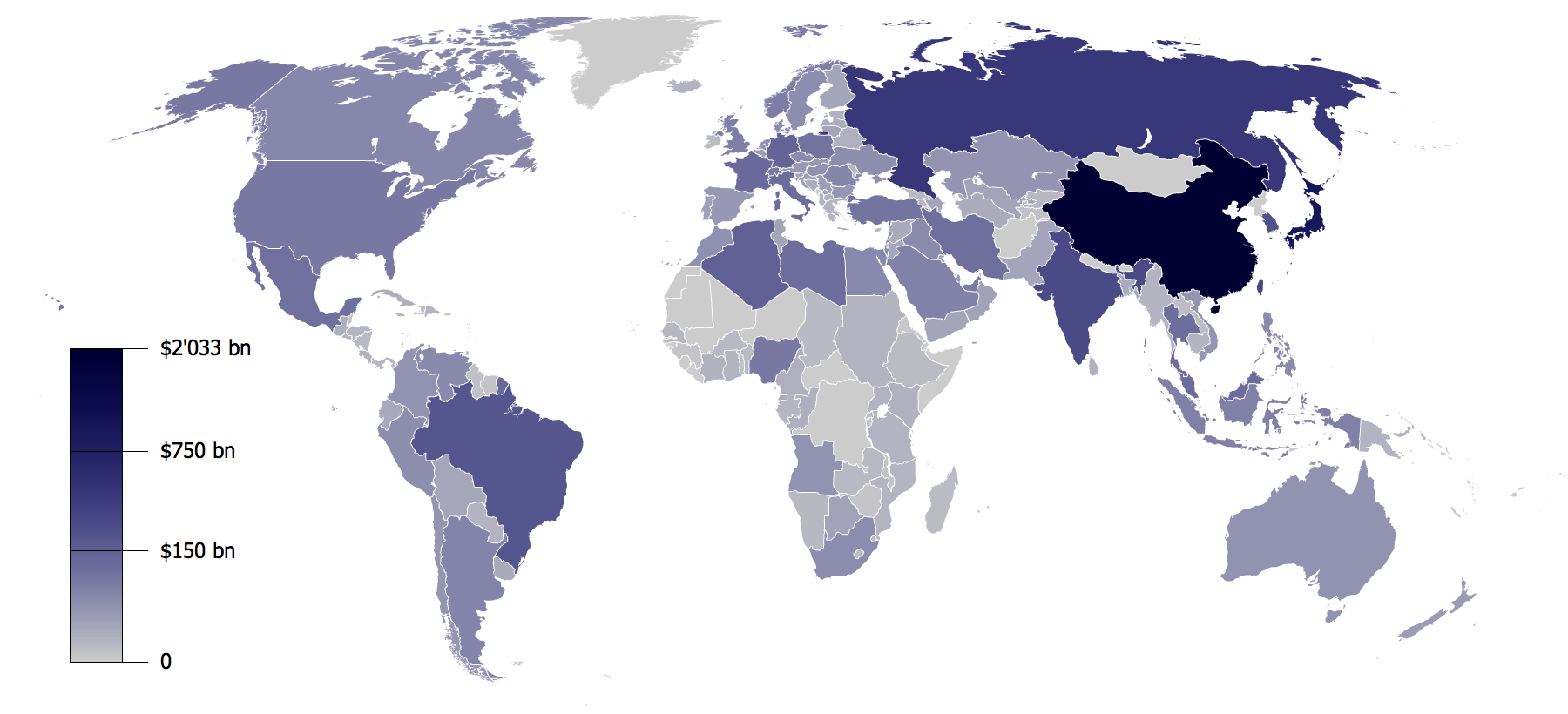Social protection and social security
The protection provide from the state side to its citizens especially to elderly, differently abled, widow, poor etc. can be termed as Social protection and social security. It envisions financial or other kind of support to needy population. A mechanism of reservation for marginalized community, region, sex and community is an example. Other example includes food, shelter, clothes to refugee, subsidy on food at remote areas, orphanage for street children etc. It is a vital activity of welfare state. Some int’l effort done for Social protection and social security includes universal declaration of Human rights 1948, ILO convention IO2, and ILO convention 169. Nepal is party to these convention.
Policy level mechanism for protection security
- Constitution of Nepal 2072
- Right to labor in constitution
- Labors and employment policy 2062
- Right to social security
- Other arrangement for social security in constitution of Nepal
Government bodies looking after Social protection and security
- Women children social welfare ministry
- Ministry of education
- Provident fund
- Ministry of labors employment
- Central child welfare committee
- Local bodies
- NGO / INGO
- Civil society
- Social welfare council
- Retirement management office
Work in this regard
- Free health care in government hospitals
- Refugee camp, old age home, orphanage etc.
- Financial support to selected groups like elderly, widow etc.
- Incentives in education like tiffin program, free books, clothes etc.
Problems in Social protection and social security
- More focuses on support rather than capacity building
- Lack of clear policy and coordination among states mechanism
- Lack of access on existing welfare mechanism
- Increasing graft on prevailing mechanism
- Complex bureaucratic process to obtain their facilities
- Remote geographic nature, poverty etc.
- Poverty alleviation programs progress is lacking
Solving these problems
- Focus of capacity building and sustainable approach
- Clear policy, objectives and target is required
- Easy access mechanism should be established
- Tight monitoring of funds allocated for social security / protection
- Focus easy access of programs to target groups
- De-politicization of social security
- Proper utilization of poverty alleviation fund
- Proper monitoring evaluation of social security by developing quantitative measure mechanism
social responsibility
Social responsibility is an ethical framework which suggest that an entity, be it an organization or individual, has an obligation to act for the benefit of society at large. Social responsibility is a duty of every individual has to perform so as to maintain a balance between the economy and the ecosystems.
Why social responsibility
- Empower otherwise neglected area, sex, class, community
- Increase public participation in development, increase transparency
- Utilize resources properly
- Encourage sustainable development approach
- Increase quality of life, good governance and public ownership
Some works
- Private sector involvement in education, public transportation seat reservation and fair discount for students and elderly
- Free healthcare, relief to victim of natural disasters
- Social security fund, positive discrimination reservation main streaming efforts etc.
Problems
- Lack of willingness for social responsibility
- Lack of legal and policy framework
- High inflation
- Lack of proper utilization of funds
- Lack of access of facilities started by private sector to poor population
- Lack of access to government facilities by targets groups
Solving Problems related to social responsibility
- Implementation of state’s policy
- Create public awareness
- Proper utilization of social security funds
- Special treatments mechanism should be reachable by targets groups and not by Elite few.
- Established fair price shop
- Encourage participation of Civil Society, NGO etc.









clearly spell out the concept of social protection and clarify its interrelationship with the concept of social safety and social security..please give me idea about how to write the answer of this question.